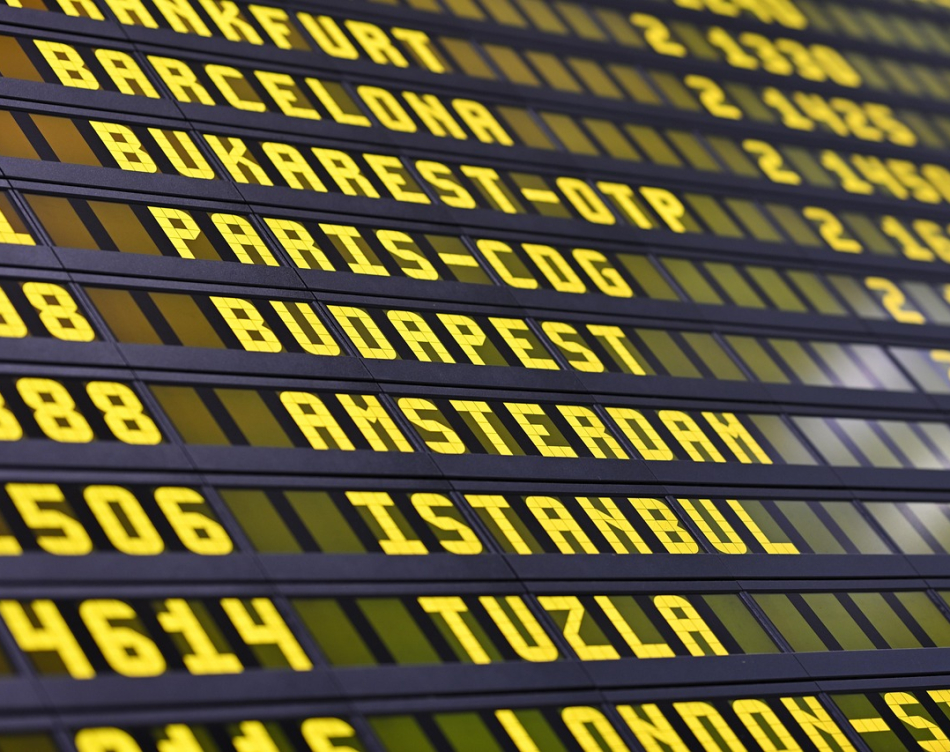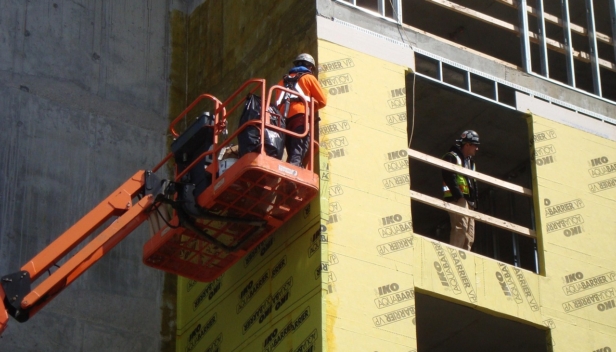Artificial Intelligence at International Airport – optimization of passenger flows for faster boarding process
Software Computing

Modern airports face challenges in managing passenger flows and ensuring efficient boarding processes, which impacts passenger satisfaction, staff workload, and costs. Delays often result from poor information and issues with hand luggage.
Larger airports are adopting advanced technologies like artificial intelligence, computer vision, and smart navigation systems to optimize these processes. The aim of this diploma thesis was to investigate how AI can improve passenger flows and accelerate boarding, with a focus on the needs of smaller airports. A methodological goal was also to examine the role of AI in supporting a research project.
The research tested four key hypotheses, all of which were confirmed. The combination of AI and beacons with navigation and smart notifications improves passenger punctuality during boarding. AI and computer vision before security control effectively prevent oversized hand luggage issues, reducing delays and conflicts.
AI implementation for predicting queues and distances at smaller airports reduces employee workload, as it enables passengers to better assess their need for assistance. Finally, the use of AI contributes to increasing airport capacity for passenger processing, alleviating staff burden, and more punctual boarding, which consequently increases passenger satisfaction.
The methodology included quantitative and experimental-prototypical analysis using simulated data from AODB and DCS systems. A prototype simulator was developed to visualize passenger flows and baggage checks. The qualitative part was based on observational participation and dialogue with AI tools.
AI thus transforms airports from reactive to proactive problem-solving, enabling predictive insights and automated decisions. Although proper system integration at smaller airports remains a challenge, the simulation prototype demonstrates that measurable improvements can be achieved with limited integrations.
The research contributes to understanding the digital transformation in aviation and provides guidance for implementing AI solutions for greater efficiency and passenger satisfaction.





